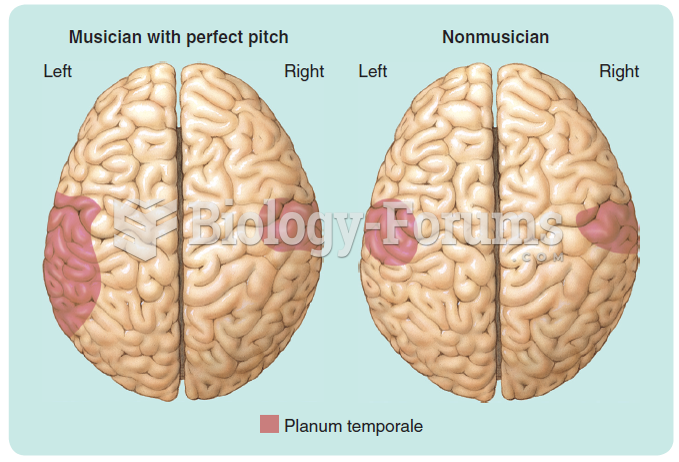|
|
|
About 600,000 particles of skin are shed every hour by each human. If you live to age 70 years, you have shed 105 pounds of dead skin.
Certain rare plants containing cyanide include apricot pits and a type of potato called cassava. Fortunately, only chronic or massive ingestion of any of these plants can lead to serious poisoning.
Acetaminophen (Tylenol) in overdose can seriously damage the liver. It should never be taken by people who use alcohol heavily; it can result in severe liver damage and even a condition requiring a liver transplant.
On average, the stomach produces 2 L of hydrochloric acid per day.
The types of cancer that alpha interferons are used to treat include hairy cell leukemia, melanoma, follicular non-Hodgkin's lymphoma, and AIDS-related Kaposi's sarcoma.
 Luna Park at Coney Island was a vast living theater in which strollers were both spectators and acto
Luna Park at Coney Island was a vast living theater in which strollers were both spectators and acto
 Some Hall-effect sensors look like magnetic sensors. This Hall-effect camshaft reference sensor and ...
Some Hall-effect sensors look like magnetic sensors. This Hall-effect camshaft reference sensor and ...





